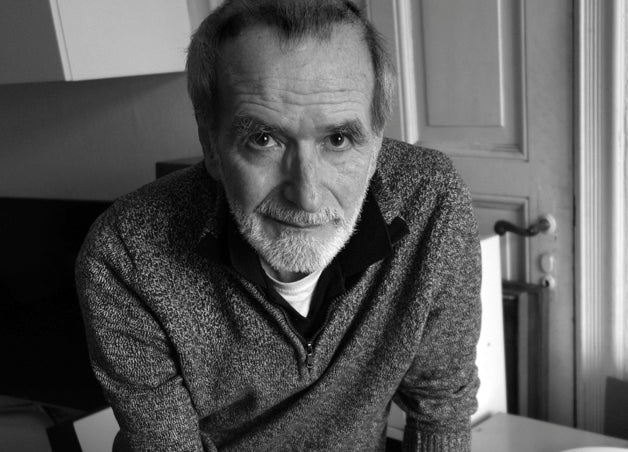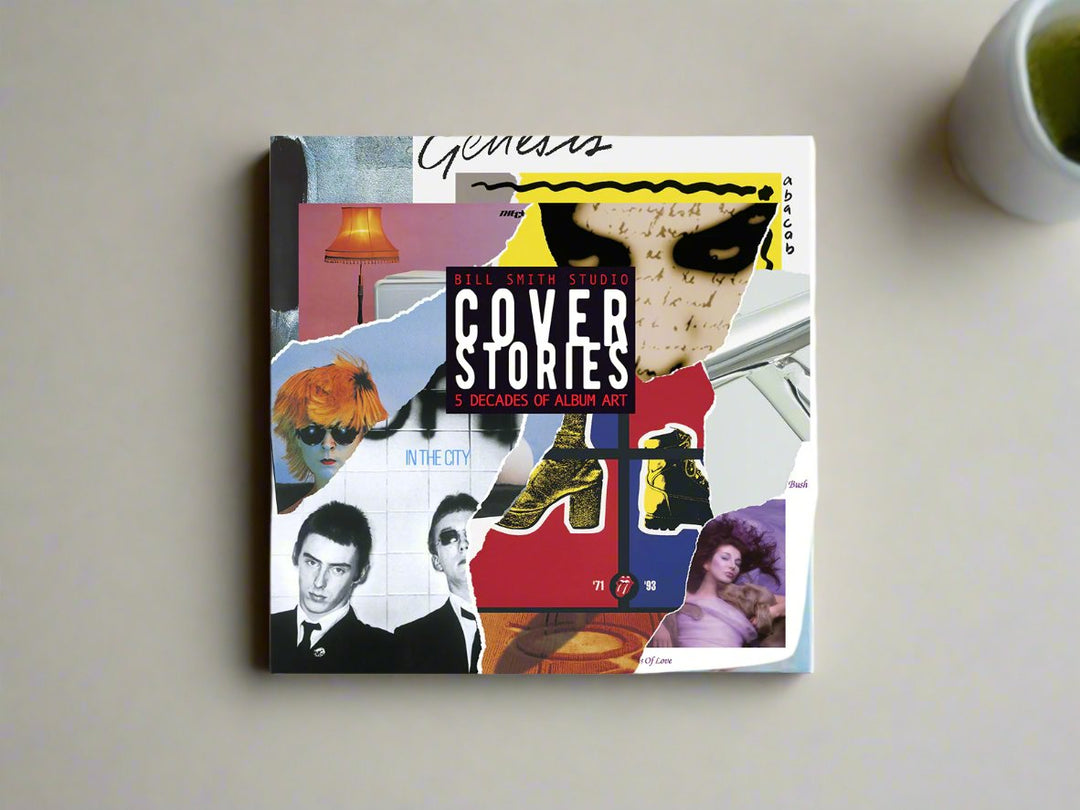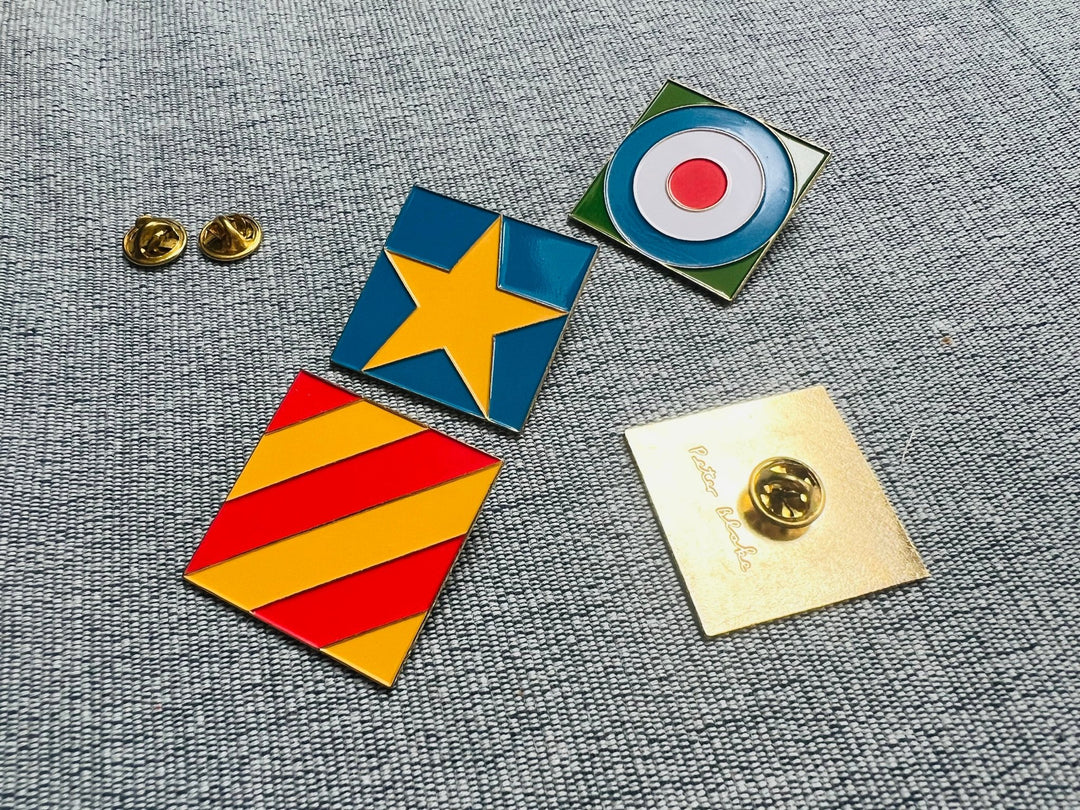Russ started his artistic career as an actor
He began to photograph himself and his fellow actors and soon found himself sharing a studio on top of Blakes Hotel in Times Square with a group calling itself 'The Freelance Photographers Association'. Here, he came across Wilhelmina Cooper, top-model and founder of the agency Wilhelmina Models, who encouraged him to become a fashion photographer."I learned how to make your own thing no matter how long it takes."
By the end of the 1960s Russ was working for magazines including Esquire, GQ and Cosmopolitan, and had moved into his own studio off Union Square. He frequented Max's Kansas City, a hot spot for Andy Warhol’s beautiful people and upcoming musical icons like Bowie, Joplin, Hendrix, and of course The Velvet Underground.
Russ moved to Paris in 1976
It was a move which proved to be decisive, as his work took a leap forward and he achieved international recognition. Commissions for Vogue Hommes followed, and in 1983 they showcased a portfolio of his work entitled Michael Russ or the Beauty of Grain. As the title suggests, Russ was beginning to develop his now trademark technique: out of grainy 35mm black and white film would evolve chemically toned, hand coloured, 'one of a kind' silver gelatin prints, which he called TinTones."I came across the technique of industrial printing on Alu from Thyssen-Krupp. This material needs minimal, natural light and lives by itself."
Russ' TinTone images have been published in Mode Avantgarde, GUNNARS, Mode International, Photo Reporter, PHOTO, ZOOM, IL Mag, as well as Playboy Germany. His erotic hand coloured postcard edition The Compagnie became part of the permanent collection of the Musée des Arts, Paris. In contrast to fashion's traditional quest for perfection, the raw and edgy style of Russ’ photography leaves room for interpretation in the eye of the beholder, and has brought him great acclaim both commercially and artistically.
Tom Waits
Russ stages his productions as a film director would a scene in a film. His images tell a story, provoking the imagination of the viewer. One notable viewer who responded to his work was script analyst Kathleen Brennan. Brennan recommended to her partner, Tom Waits, that he visit Michael’s 1983 exhibition, Prussian Blue at the China Club in LA. He did visit, and then commissioned Russ to produce the album cover for his forthcoming release, Swordfishtrombones, as well as the video for his single release, In The Neighborhood.
Waits said of Russ
"I found Michael to be both imaginative and innovative. His approach to photography is with the eyes of a painter working with light. He displays a unique talent in both style and content. Michael is an individual with both a vision and an ability to execute it."
The visuals created by Russ matched the great musical achievement of Waits; a video and photographs of extraordinary beauty.







